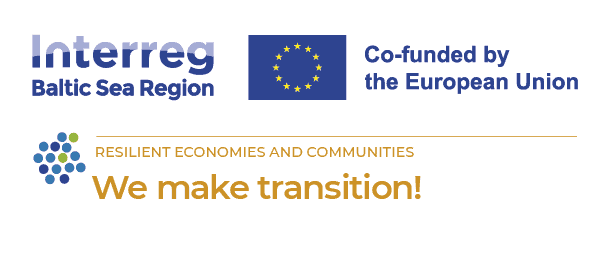
Helsinki-Uusimaa focus groups discussed sharing economy, sustainable food and use of buildings
24 July 2023
Sharing economy
Sharing economy needs more recognition – the change of mindset towards circular economy is already gaining ground, but many are sceptical when it comes to sharing economy.
One solution could be to extend some already well-known examples – for instance, everyone is familiar with libraries and how they already operate based on sharing economy. Could we take it further? Perhaps you could borrow tools, seasonal tickets, electronics or even a car from your local library (many of these have already been tested)!
There are also companies in the field of sharing economy, but they seem to have a hard time finding their role somewhere between the civil society and business. They are mission-driven, but not NGOs, and still they don’t quite fit into the business world either.
“Sharing economy can strengthen the sense of community even with the sharer and borrower never meeting. It can give someone less fortunate the opportunity to do the same things as everyone else – when you can borrow ice skates, you can join a hockey game with the other local kids.”
Sustainable food systems
“We have all been born into the era when food systems were already global or becoming global. How could we even envision what a local, truly sustainable food system looks like?”
All over the world, food producers try to work by the same rules and standards. How could we instead define locally, what is our way of producing food?
How is food portrayed in culture, what kind of eating habits do we grow up with? Do we need access to all fruits and vegetables all year round, are we willing to eat curved or other “second-class” produce? Is a selection of ten ketchup brands really freedom of choice if in that same store, there is no selection of locally and sustainably produced food?
There might be parallel paths towards sustainable food systems that could all be simultaneously supported. For example, one path being the transition to a just and fair global supply chain, another path being new food innovations, and a third path being the increase and development of local food production.
Sustainable use of buildings and built space
There must be ways we could make better use of our existing building stock instead of building new. Demolition always causes emissions, which should be considered even when the new building is carbon neutral or energy efficient.
Buildings should be viewed as long-lived, flexible, and capable of change. They must be nurtured and maintained, not only to ensure ecological but also the social sustainability of the residents or users of the building.
Especially civil society actors are happy to find a use for under-used spaces, but local authorities might be skeptical of, for example, their financial capabilities. Trust must be built, and it goes both ways; civil society actors are also often skeptical of local authorities and decision-making processes.
“There seems to be always money for demolition, but not necessarily any money to invest in extending the life cycle of the building stock.”
In case of any questions don’t hesitate to contact us:
Miranda Sundholm, Council of Helsinki-Uusimaa Region
e-mail: miranda.sundholm@uudenmaanliitto.fi





